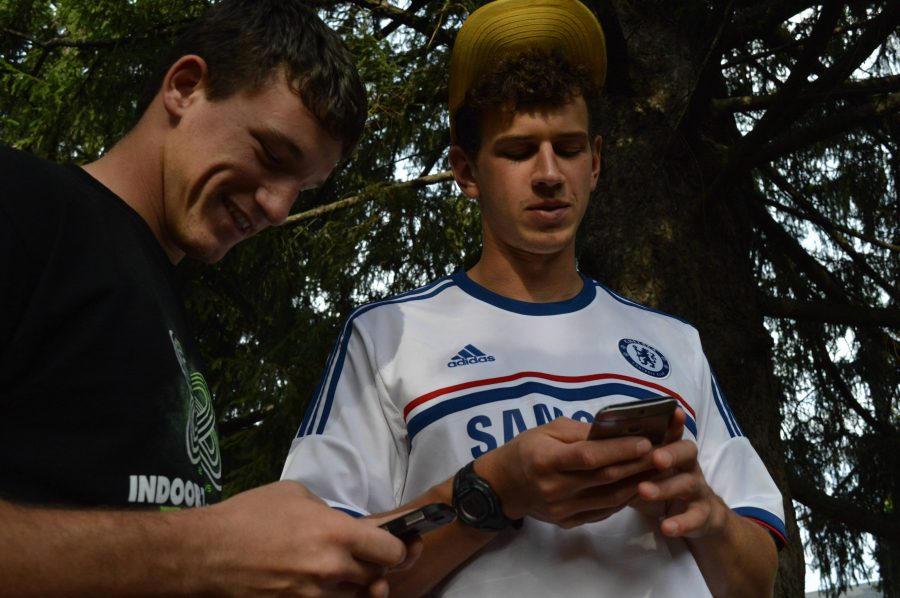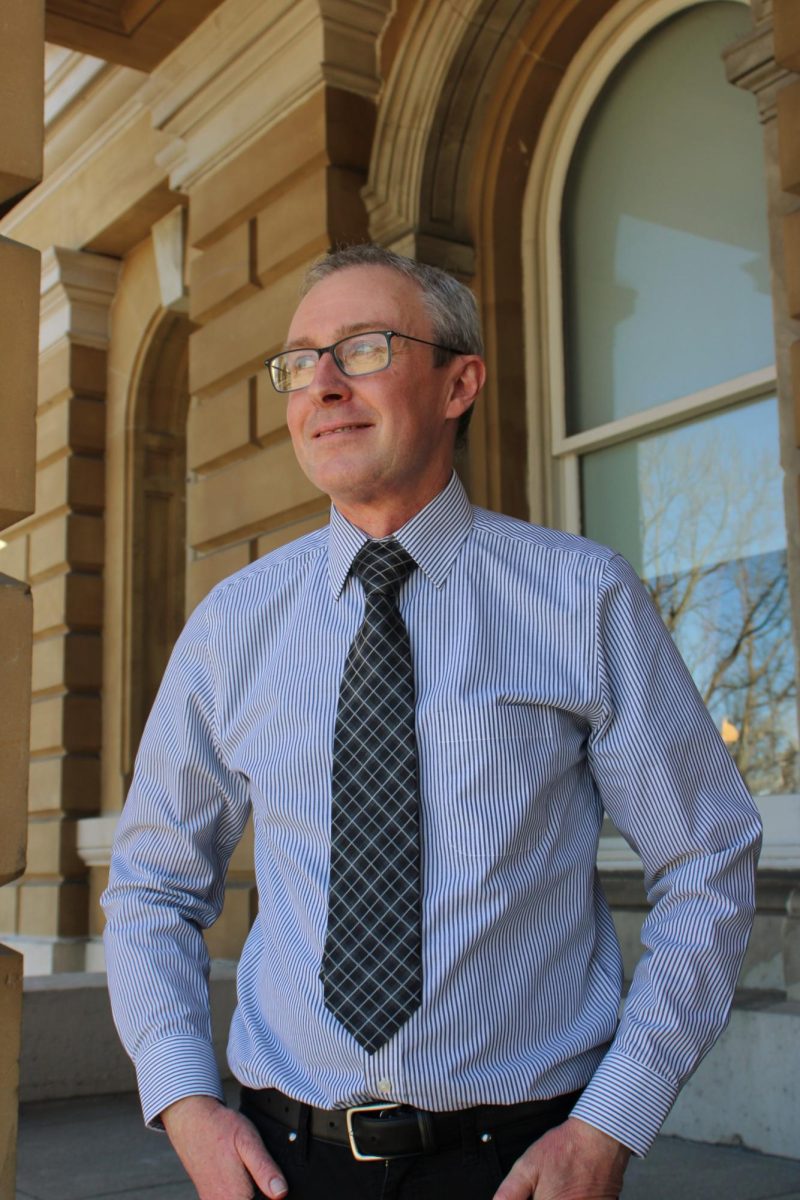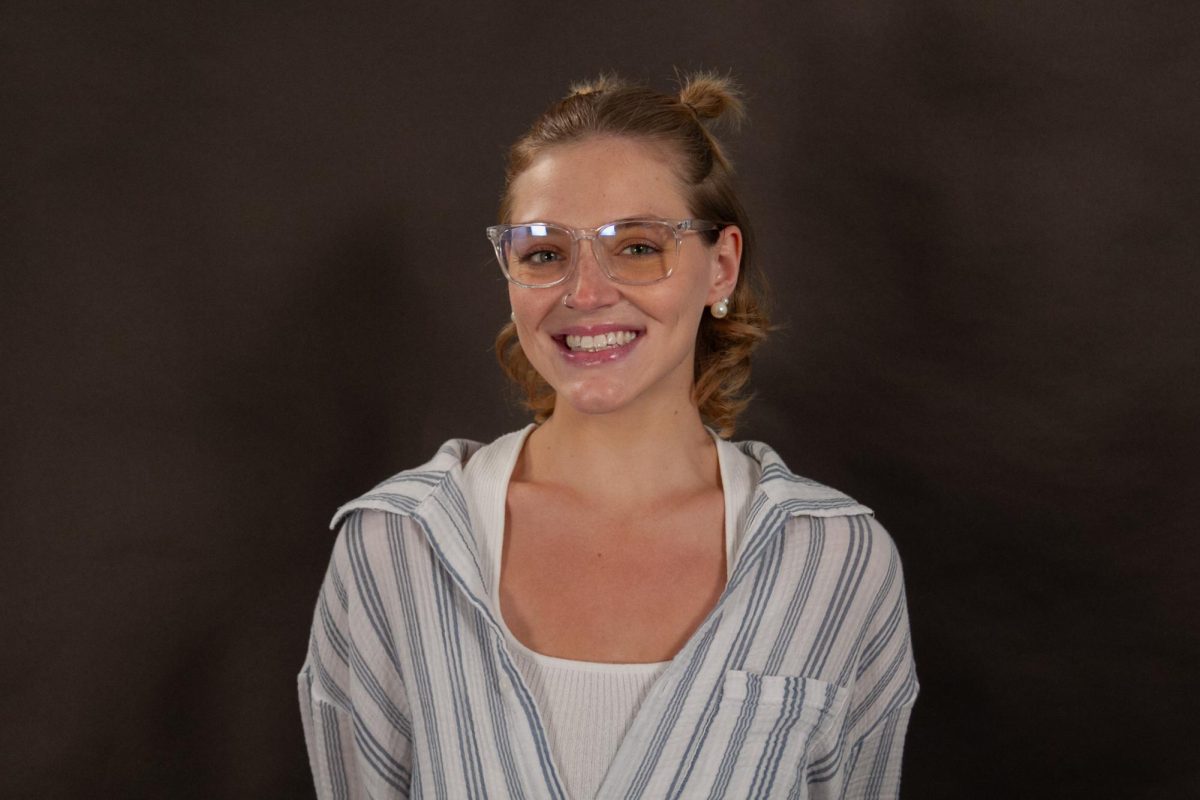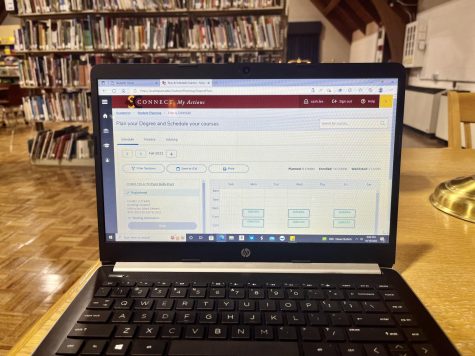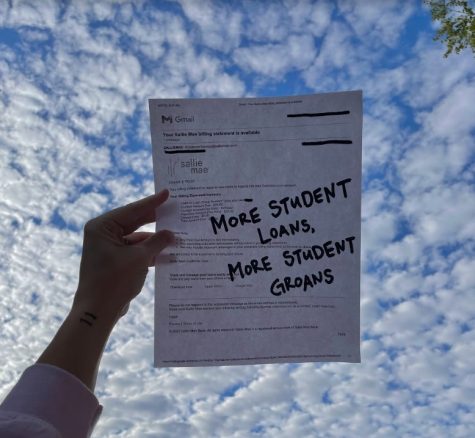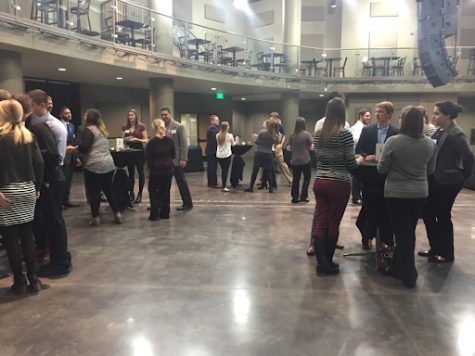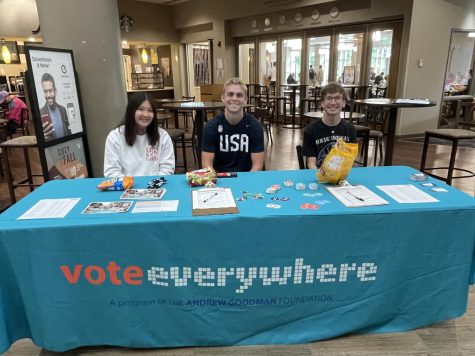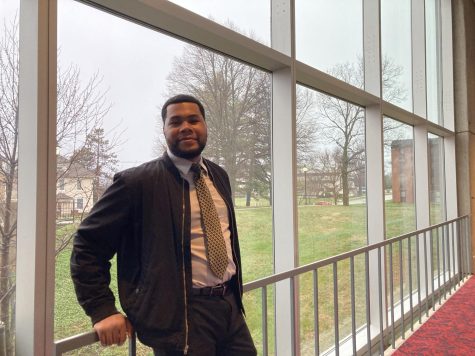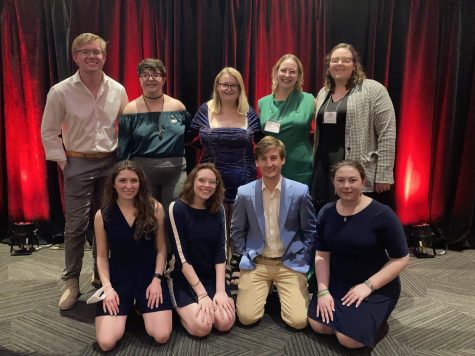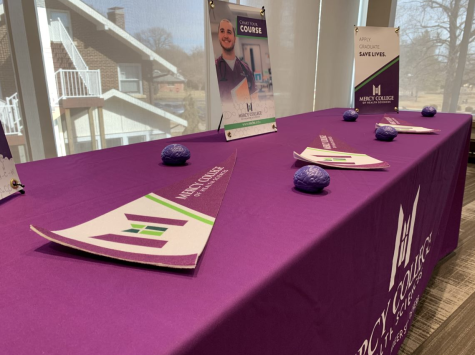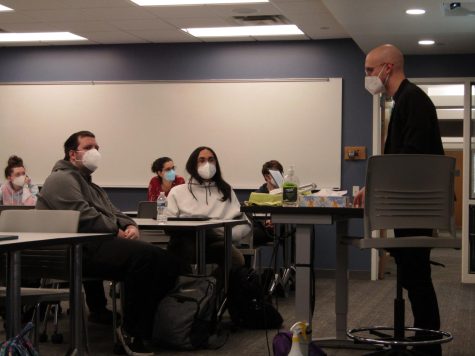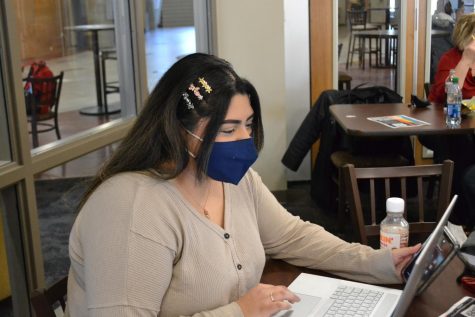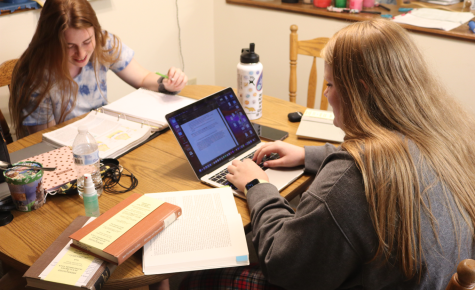Simpson researchers seek participants in ‘Pokemon Go’ study
October 13, 2016
Every kid born in the ‘90s knows Pokemon, and this summer, ‘90s kids rejoiced with the release of the app, “Pokemon Go.” This free game allows people to walk around and catch Pokemon in their own neighborhoods.
Unlike any other Pokemon game released to date, “Pokemon Go” promotes exercise by rewarding players who walked around to catch Pokemon.
This proved to be a successful motivator to exercise because the game had more downloads in the first week than any other app in history.
Naturally, this caught the attention of researchers to see how the game was affecting the lifestyles of users.
Katie Smith serves as an adjunct professor at Simpson College, teaching research methods in exercise science. She caught wind of the fad and immediately started developing a research project on how “Pokemon Go” has influenced people’s lives.
“The idea started when I was driving this summer and saw a bunch of people playing at parks,” Smith said. “Then I heard about the game on the news and realized that’s what these kids were playing. So I started wondering, ‘How many of those people are out exercising when they would normally be inside playing video games?’”
As of August, the average usage of the game per day is around half an hour.
With over 500 million downloads to date and around 10 million daily active users in the United States, finding participants for research centered on the game hasn’t been difficult.
“We have had a good response so far, but we are always looking for more people,” Smith said. “I’m most interested in how it affects their physical activity and affects their lifestyle as a result of playing the game.”
Smith is hoping to present the findings of her research project at a conference this upcoming year.
“We would have participants come in once for a two-part study,” Smith said. “We will have them walk on the track for about 30 minutes at their own pace. Then we have them go around Simpson and play the game for another 30 minutes as they would normally play the game.”
Whether you play by yourself or play in groups, researchers want to see how people would normally play the game on their own time.
Many tangent research ideas have come from this game involving productivity and also negative health changes.
“I had several other ideas about the game while formulating my research project,” Smith said. “Pokestops are usually located around businesses, so are people less productive because they are spending time playing the game at work? Also, if people are able to drive around and play, would this promote a (lazier) style of life?”
For all of the regular “Pokemon Go” players at Simpson, it could be an excuse to feel even more productive while playing.
Smith is still recruiting participants for the study.
To sign up or for more information, contact her at [email protected].



